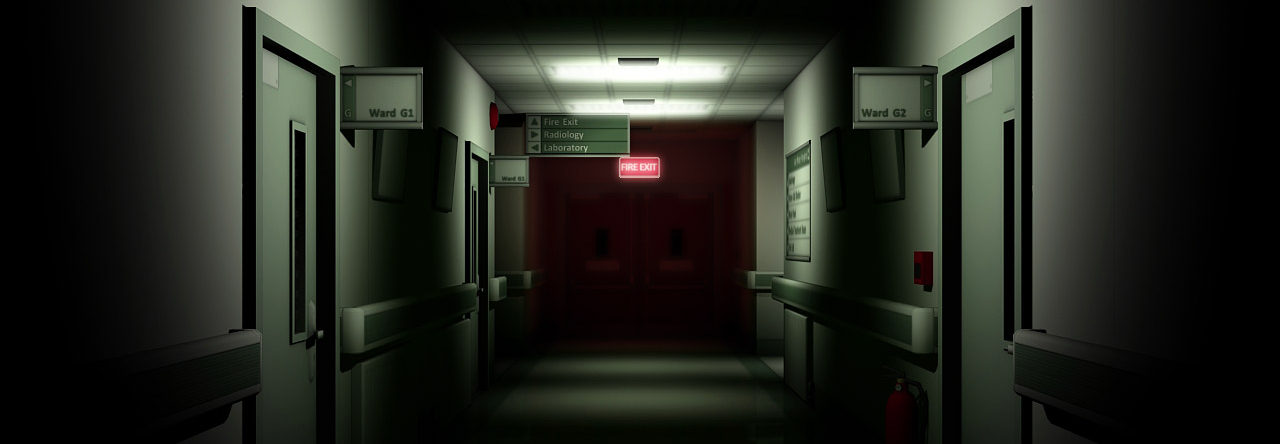
I had the worst kind of patient consult the other night that I have been trying to wrap my head around.
When the provider obtains a history on a patient, it seems like we ask you everything but your hat size. Many patients feel like they’ve answered these questions 100 times, and you may have as a patient. As a provider, if I’m able to discern answers to the questions, from the chart, I try not to ask you all of the questions. Why? Quite simply, some things, when done the first time accurately, don’t need repeating. Having a medical home reduces the need to repeat yourself at the provider’s office. A medical home has access to all of your medical records (or at least the recent ones). A medical home also allows a provider to research and review your medical history instead of asking you all the questions, again.
Which brings us to the other night and my motivation to write this blog. As many of you know, I’m a hospitalist. As an aside, I argued with a colleague who has no clue what a hospitalist does. He thinks that hospitalists do much more than what he thinks we do and require certification. There is no special certification or degree other than to be able to prescribe and admit to a particular hospital. I was called to perform a consult on a patient who was brought in by a family member. This family member had concerns about the patient’s recent increase in binge drinking as well as what she called “reckless behavior.”
The elusiveness started with reckless behavior. When you describe behavior as being reckless to a provider, we’re going to ask you to elaborate. We want to know what are you doing, or are they doing that is irresponsible. No answer just a small clarification of different behavior without specifics. Okay, so if reckless behavior needs better definition. Is it running across train tracks when the gates are down? Or is it having two extra waffles in the morning? You can see the spectrum of recklessness. When you’re sitting with the provider and describe a behavior or a symptom, you need to be as specific as possible to allow us to focus our physical examination in that area. What I mean by focus our physical examination is when we’re doing an initial visit this takes a great deal of time. When you’re doing return visits, the provider can focus in a specific direction, instead of a search. This streamlining helps the provider maximize their time with you in the exam room.
Okay, fine, maybe you cannot put words to the behavior. Maybe or the very fact that you’re in an emergency room in the middle of the night is making it tough for you to process information. I get it. I spend a great deal of time talking to patients in an emergency room or on the ward, but, you need to be as accurate as possible. It’s very frustrating trying to guess what is going on and appropriately diagnose and prescribe for those conditions.
I deal with a large and specific population, and quite often this population feels the need to tell me something they did was classified. The patient that I visited with the other night had a period of military service time listed on the previous history and physical. I had that he was in approximately four years. His response was well, that’s what they say, but I was in longer. When I attempted to probe for more information because the time that he was in service was not a time during combat, I was met with, “well that was classified.” So for those of you that are not involved with veterans or military folks; when someone is on active duty, guard, or in the reserves their service as a matter of public record. The service includes from the date they entered the military to the time they left. There are no classified periods of military service. You will meet one in 100, or more like one in a thousand service members that served on classified a mission. Most veterans and service members work as mundane a job as you. When someone is elusive like this during a history and physical, it takes a great deal of time to gather data. The data gatherer views elusiveness makes them believe there’s more to the story than the person is telling us.
I want to be clear that 98% of my population is pretty good about leveling with me as a provider. It is a small percentage of elusive patients, and it requires trust. I get that; you don’t want to tell just every person on the street why you want to kill yourself. Or for that matter share why your gut aches or why you have difficulty maintaining an erection. That is why I always push patients to establish a medical home. They can develop the sort of trust with a provider that they can tell, without blinking, “I can’t get a boner, and it burns when I pee.” When you can have those frank discussions with your provider, your provider is much more able to provide you quality and correct care. Being elusive about symptoms or a situation only waste yours and our time.
I care for my patients, I feel for my patients, and deep down, I want them to get the best treatment possible. Without your help as a patient, the only thing I’m doing is typing on a computer and listening to your heart and lungs.
Have a great day and be the kind of person your dog thinks you are.

